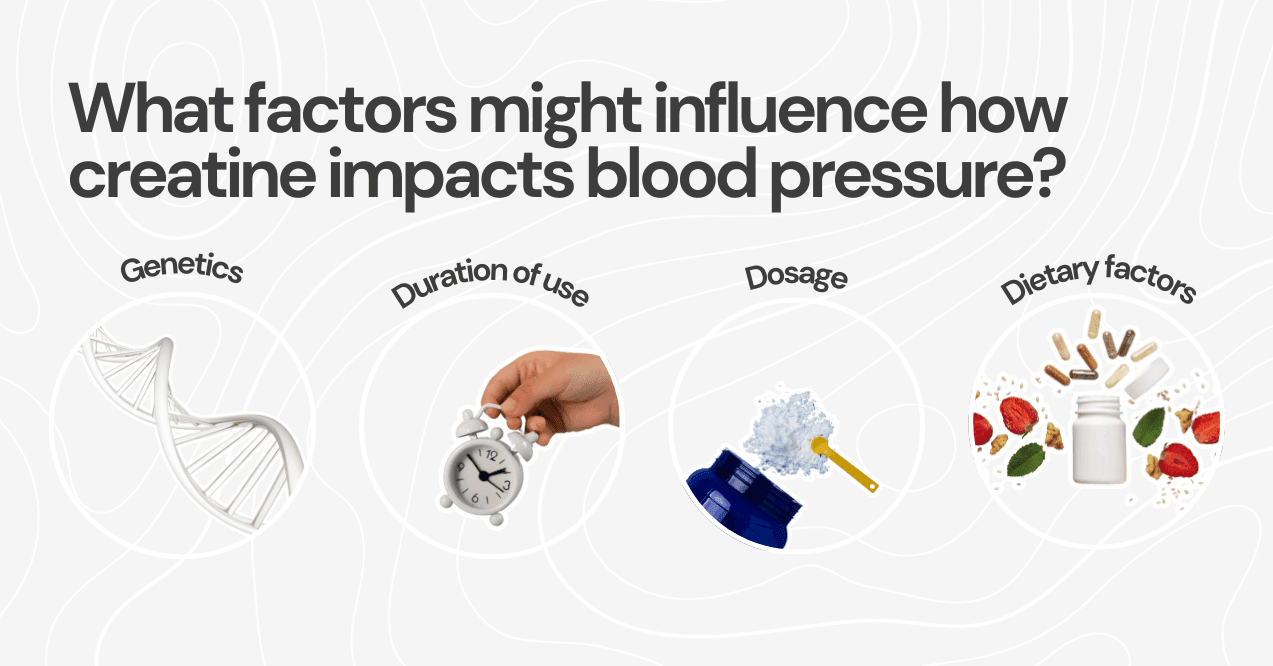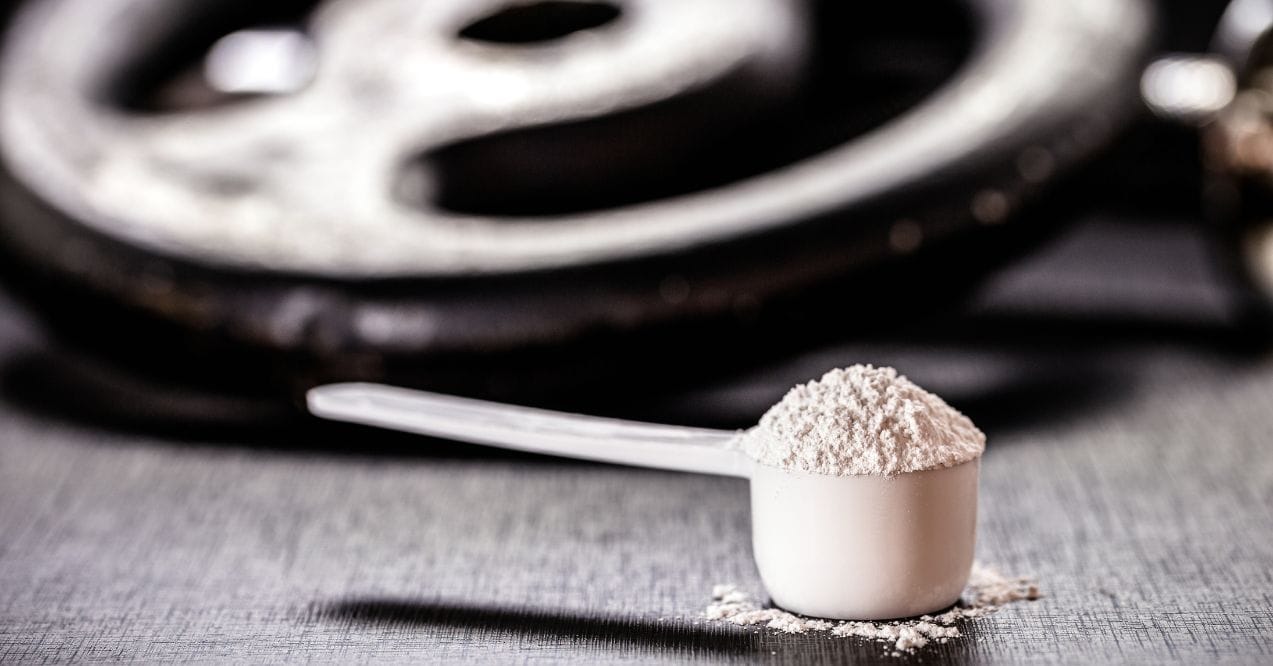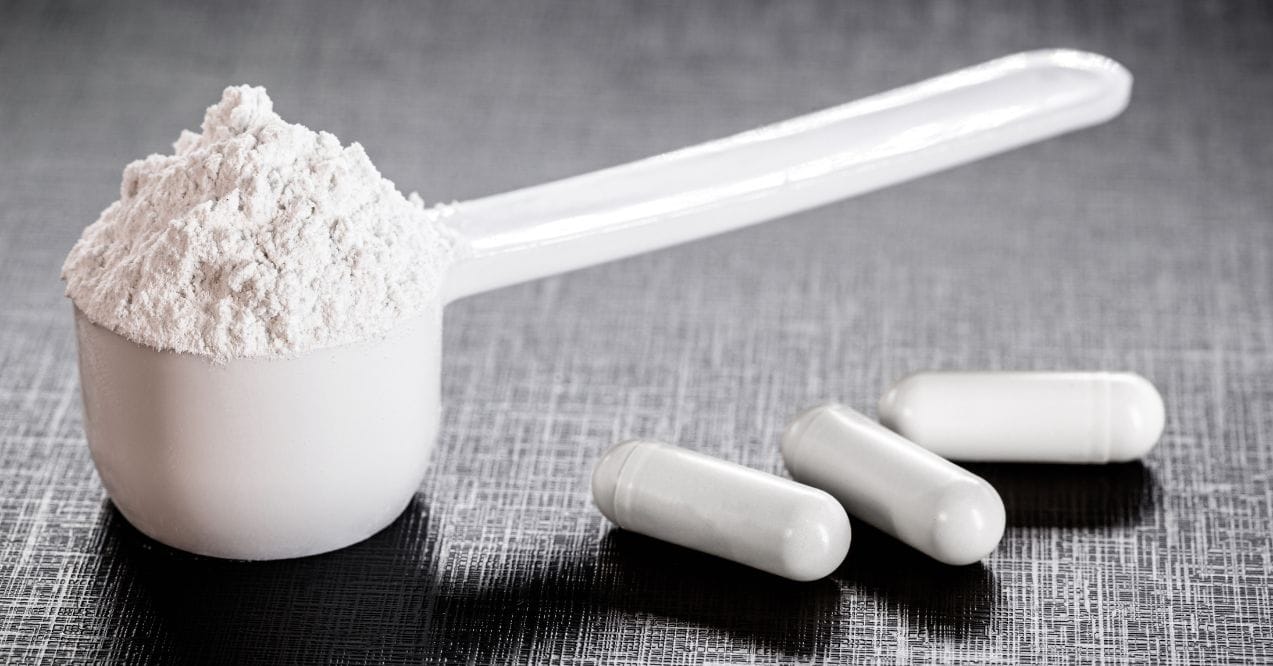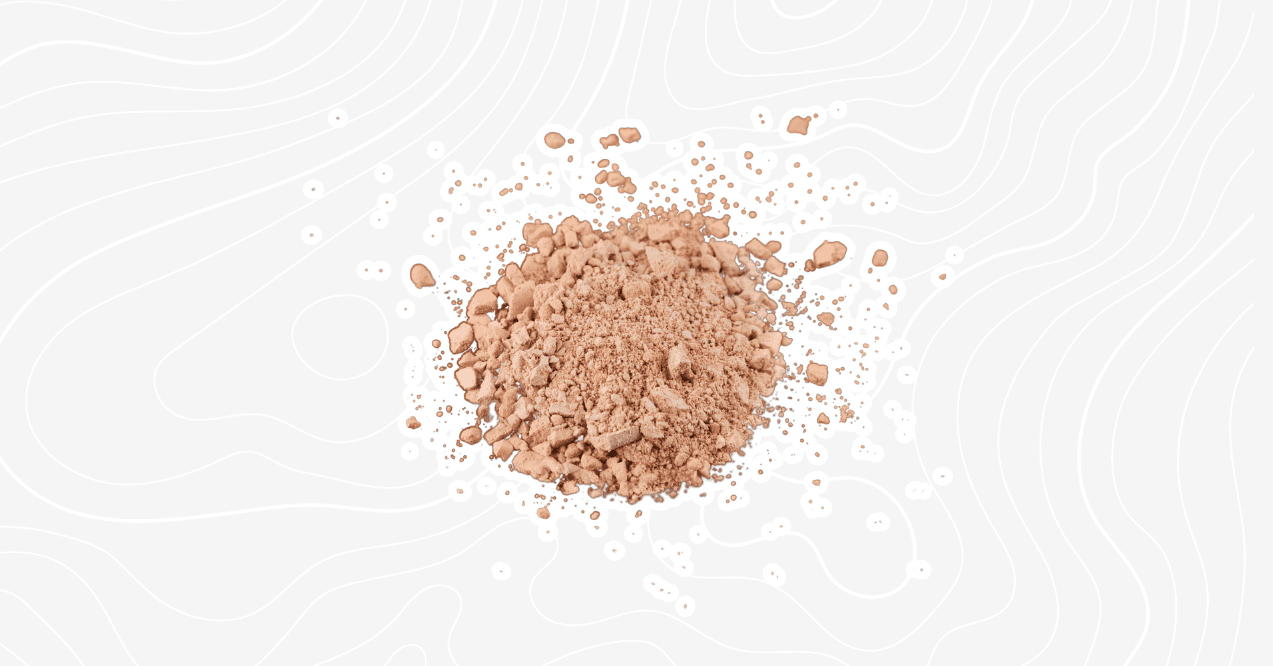Does Creatine Raise Blood Pressure? The Facts Explained
Creatine is one of the most popular and well-researched supplements in the fitness world, commonly used to enhance athletic performance, support muscle growth, and boost strength. But when it comes to its effects on health, one common question arises: does creatine raise blood pressure? While creatine is known for its role in improving exercise performance, it’s important to understand how it interacts with the body, especially for individuals concerned about blood pressure levels.
In this blog, we’ll explore the facts, addressing whether creatine supplements affects blood pressure and what factors may influence its impact on cardiovascular health.

Does Creatine Raise Blood Pressure?
So, does creatine raise blood pressure? First, let’s look at what research tells us. Multiple studies have shown mixed results, making this a topic worth exploring in detail.
Research suggests that creatine has minimal to no direct impact on blood pressure when healthy individuals follow recommended dosages. A thorough review of creatine studies found that short-term use didn’t significantly change blood pressure readings in most people who took part.
Here’s where it gets interesting: creatine might affect blood pressure indirectly. When you supplement with creatine, your muscles hold more water – scientists call this cell volumization. This extra fluid retention could temporarily influence blood pressure, especially during the loading phase when you’re taking higher doses.
Most studies on creatine’s effects have been short-term and focused on healthy adults who exercise regularly. Your personal response to creatine can vary based on your fitness level, what you eat, and your overall health.
The bottom line? For most healthy individuals, creatine supplementation appears to have minimal or no impact on blood pressure when used as recommended. This finding comes from multiple research studies examining creatine’s effects on the body.
Wondering about other ways to take creatine? Some people prefer mixing it into their morning coffee. But can you put creatine in coffee? While creatine dissolves best in warm liquids, stirring well is key to ensuring proper absorption.
Is Creatine Safe for Individuals With High Blood Pressure?
Creatine is generally considered safe for individuals with high blood pressure, but caution is still advised. For most people with healthy blood pressure, creatine supplementation does not seem to significantly affect cardiovascular health. However, for those with hypertension, it’s important to be mindful of any changes in how the body responds, particularly when using higher doses or during the loading phase.
Safety Considerations:
- Hydration – Creatine can cause water retention, so it’s important to stay well-hydrated to avoid issues like a creatine headache.
- Electrolyte Balance – Creatine may affect electrolytes, so balancing intake of sodium, potassium, and magnesium can help reduce discomfort.
- Monitor Blood Pressure – Individuals with high blood pressure should monitor their levels regularly while using creatine.
- Consult a Healthcare Provider – It’s always a good idea to check with your healthcare provider before starting creatine supplementation.
Additionally, properly dissolving creatine can help with absorption and reduce stomach discomfort. If you’ve ever wondered how can I dissolve creatine effectively, using warm water or mixing it with a slightly acidic liquid like juice can improve solubility and prevent clumping.
By following these precautions, creatine can be safely used while managing high blood pressure.
Looking to optimize your diet alongside creatine supplementation? Check out our intermittent fasting calculator to determine the best fasting windows to support your health goals.
What Factors Might Influence How Creatine Impacts Blood Pressure?

Creatine is a widely used supplement that can have different effects on individuals. The impact of creatine on blood pressure is influenced by various factors, including genetics, duration of use, dosage, and diet. These factors can explain why some people might experience changes in blood pressure, while others don’t.
Genetics
Your genetics plays a central role in determining how creatine influences blood pressure. Some people are genetically prone to fluid retention, making them more sensitive to changes linked to creatine. Their kidneys may hold onto more water, increasing blood volume and raising blood pressure.
Others have a more efficient fluid-regulating system, so even with creatine, their numbers remain stable. Although you cannot change your genes, you can monitor your body’s unique response. If you suspect a genetic factor, consider measuring your blood pressure before and after supplementation. This can help you understand if your genetics shape your creatine experience.
Duration of use
The length of time you’ve been taking creatine can affect its impact on blood pressure. When you first start, your body might retain extra water, causing temporary increases in blood pressure. However, with consistent use, these changes often stabilize as your body adapts.
Short-term effects may vary, but long-term users typically see less fluctuation. Monitoring your blood pressure in the first few weeks can help you understand how your body adjusts. Over time, you may find that your blood pressure levels return to normal as your system gets used to the supplement.
Dosage
How much creatine you take matters. Higher doses may cause more pronounced fluid retention, potentially impacting blood pressure. On the other hand, moderate doses are often well-tolerated and less likely to cause noticeable shifts. Finding the right amount might require some trial and error.
Start on the lower end of recommended guidelines, then gradually increase if needed, while keeping an eye on your blood pressure. If you notice unwanted changes, cut back or seek professional guidance. By fine-tuning your dosage, you’ll better balance creatine’s performance benefits with maintaining stable blood pressure levels that support your overall health and training goals.
Dietary factors
Your overall diet can shape how creatine affects blood pressure. Consider these elements to help maintain steadier blood pressure levels:
- Sodium intake – High-sodium diets can exacerbate fluid retention, potentially amplifying any blood pressure fluctuations linked to creatine.
- Hydration levels – Ensuring adequate water intake may help maintain balanced fluid levels and reduce blood pressure fluctuations.
- Overall nutrient balance – Diets rich in potassium, magnesium, and other heart-healthy nutrients can support a stable blood pressure response to creatine use.
Additionally, for those practicing intermittent fasting, another question may arise: does creatine break a fast? Creatine itself doesn’t break a fast in terms of calorie content, but some may find that taking creatine during a fasted state can make them feel bloated. This bloating, while not directly related to blood pressure, could influence how comfortable you feel during supplementation.
If you’re looking for a high-quality creatine supplement, Trumeta Creatine could be a great addition to your routine. Made with 100% Creapure®, these supplements are designed to support both physical and mental performance. Whether you’re engaging in resistance training or endurance exercises, creatine can play a role in muscle recovery and overall fitness.
Trumeta Creatine also supports brain function, helping with focus and stress management throughout your day. With its ultra-pure Creapure® formulation, you can trust that it’s free from contaminants, allowing you to feel confident in your supplement choice.
Explore how Trumeta could complement your daily routine and help you maintain your performance at work, in the gym, and beyond.

Conclusion
Does creatine raise blood pressure? This question doesn’t have a simple answer, as its effects can vary from person to person. For most individuals, creatine doesn’t cause significant changes in blood pressure, especially when taken in recommended doses. However, factors like genetics, dosage, duration of use, and diet can influence how creatine impacts blood pressure. If you have concerns or a history of high blood pressure, it’s a good idea to monitor your levels and consult with a healthcare provider. With the right precautions, creatine can be safely used to support your fitness goals.
To track creatine’s effects on blood pressure, monitor your levels regularly with a home blood pressure cuff. Take readings before starting supplementation and throughout, noting any changes, especially during the loading phase or dose adjustments.
Creatine may enhance blood flow by improving nitric oxide production and muscle pump during exercise. This can promote better circulation and oxygen delivery to muscles, potentially supporting endurance and strength during high-intensity workouts.
Creatine is generally considered safe for the heart when used in recommended doses. It doesn’t negatively impact heart function in healthy individuals. However, those with heart conditions should consult their healthcare provider before using creatine to ensure it’s suitable for them.
Advertisement. This site offers health, wellness, fitness and nutritional information and is designed for educational purposes only. You should not rely on this information as a substitute for, nor does it replace, professional medical advice, diagnosis, or treatment. If you have any concerns or questions about your health, you should always consult with a physician or other health-care professional. Do not disregard, avoid or delay obtaining medical or health related advice from your health-care professional because of something you may have read on this site. The use of any information provided on this site is solely at your own risk.







